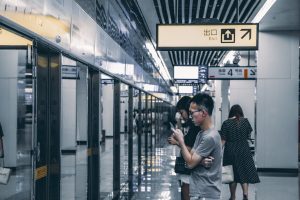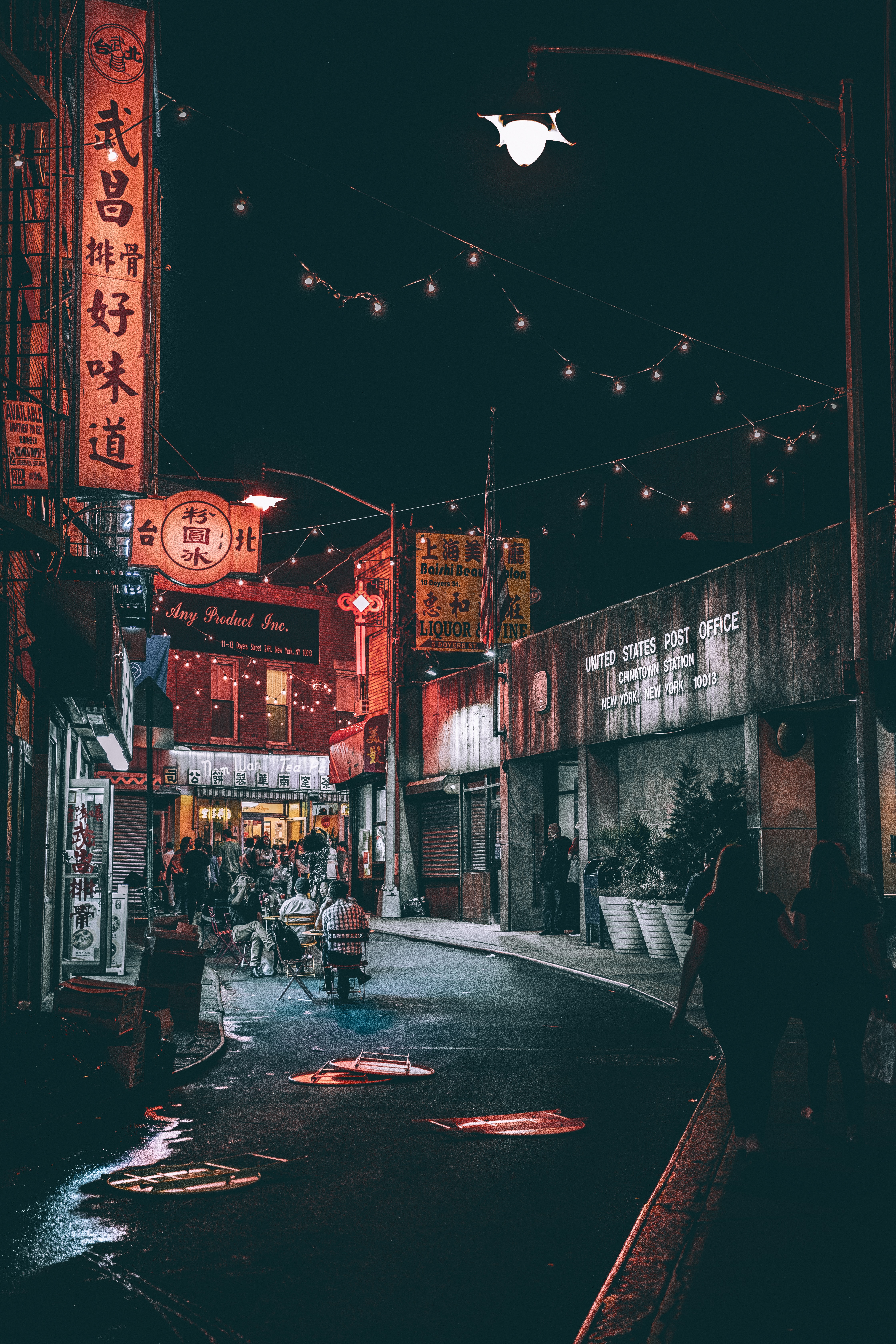SenseTime’s facial recognition technology, banned from the U.S., is being widely used overseas.
China’s largest artificial intelligence company was blacklisted by the Trump administration in 2019. Now, the Hong Kong-based startup SenseTime is doing better than ever before with growing demand for its facial recognition software. As a result of its potential use during the coronavirus, stock value increased 147% to 5 billion yuan ($720 million) in 2019 and its customer base increased by about 500 to 1,200 clients, according to co-founder Xu Bing, who added, “We see business demand for ways to mitigate the virus outbreak on the rise.”
SenseTime is considering an initial public offering after finalizing a $1.5 billion funding round that values the company at about $8.5 billion. Investors backing the deal include SoftBank Group Corp., Temasek Holdings Pte and Alibaba Group Holding Ltd., and insiders have indicated the company is contemplating a dual listing in Hong Kong and China.

Many believe Chinese authorities have succeeded in mitigating the coronavirus pandemic by enforcing laws and technologies that governments like the U.S. have resisted. At one time, the government installed sensors in Hong Kong’s subway entrances with cameras provided by SenseTime to detect whether the passengers were wearing masks and to check their temperature. SenseTime, Huawei Technologies Co., Tencent Holdings Ltd. and ByteDance Ltd., parent of TikTok, are all examples of China-based companies thriving as a result of the pandemic, and the country has pledged to spend $1.4 trillion to further enhance its own technology industry.
Facial recognition has been thwarted by the U.S. primarily over concerns of violating consumer privacy. In April, an estimated 130 human rights groups published a letter cautioning against an expansion of surveillance powers. “States cannot simply disregard rights such as privacy and freedom of expression in the name of tackling a public health crisis,” the letter read.
The same concerns are not apparent overseas, with laws allowing provincial governments and companies to use facial recognition devices with little public resistance while they’re blacklisted elsewhere.
SenseTime is working with 127 cities across China to use its high-tech cameras to review everything from traffic patterns to residential facility security. Its facial recognition program for subways, known as the Smart Commute System, is still being used. Passengers can opt to register with the cities’ subway apps to pay their transportation fee using face scans.
“It’s data gravity that nobody can stop. China is pushing facial recognition across the nation during this pandemic,” said Isaac Mao, a technology investor. “In the U.S., there are roadblocks including civil society, privacy regulations and governance structure to push back on facial recognition and companies profiting from it are facing a backlash, but in China this is what’s missing.”
Other tracking measures have been put into place since the virus’ onset. At the height of its spread, Apple and Google announced they would be partnering to help public health agencies use smartphone technology to track the spread of COVID-19. The announcement was met with backlash from U.S.-based consumer advocates citing privacy concerns. Yet, such technology had also been released in China as well as in a handful of other areas around the world.
Sources:
Chinese AI Giant Blacklisted by Trump Thrives in Virus Era
Apple, Google Partner up for Release of Opt-in Smartphone Tracking


Join the conversation!